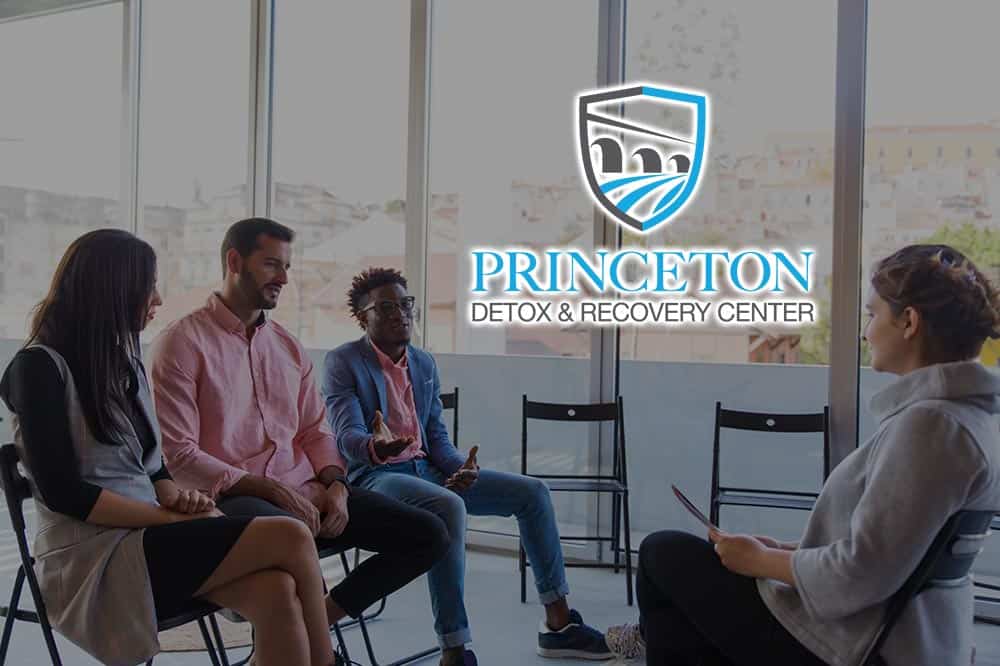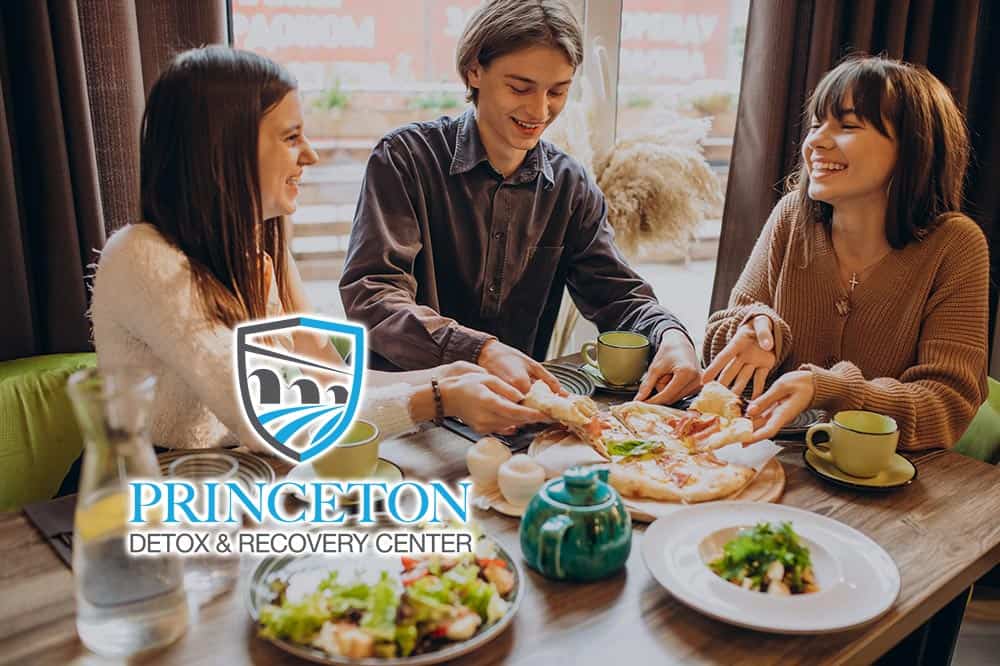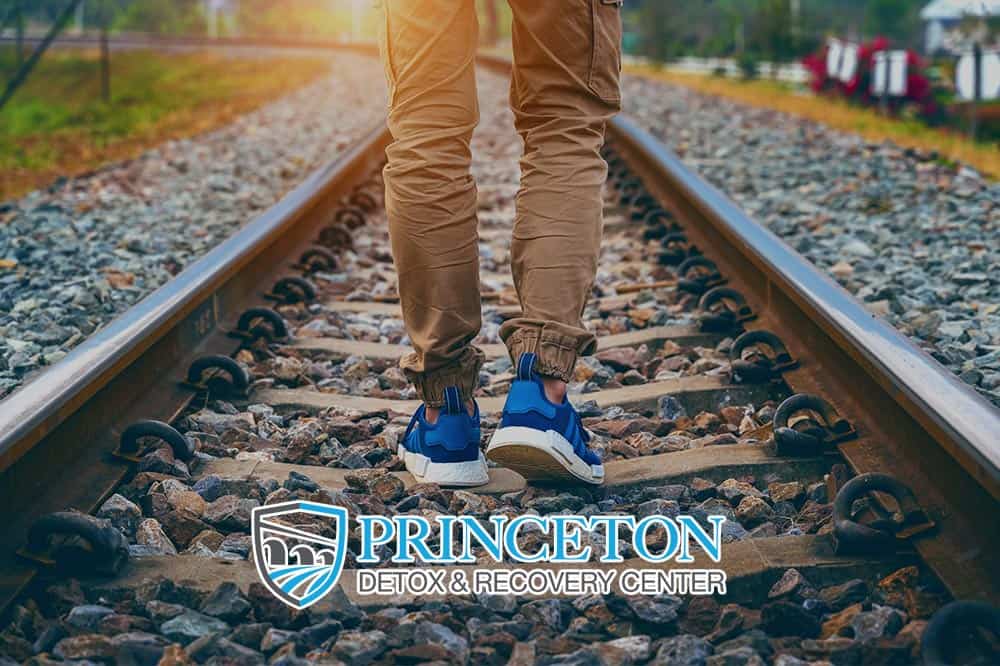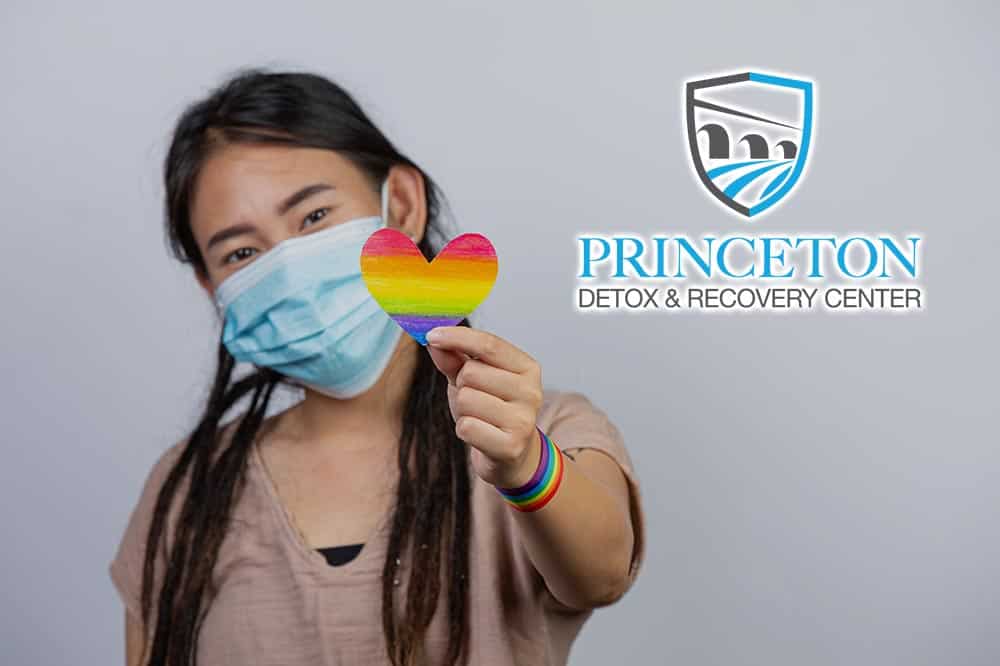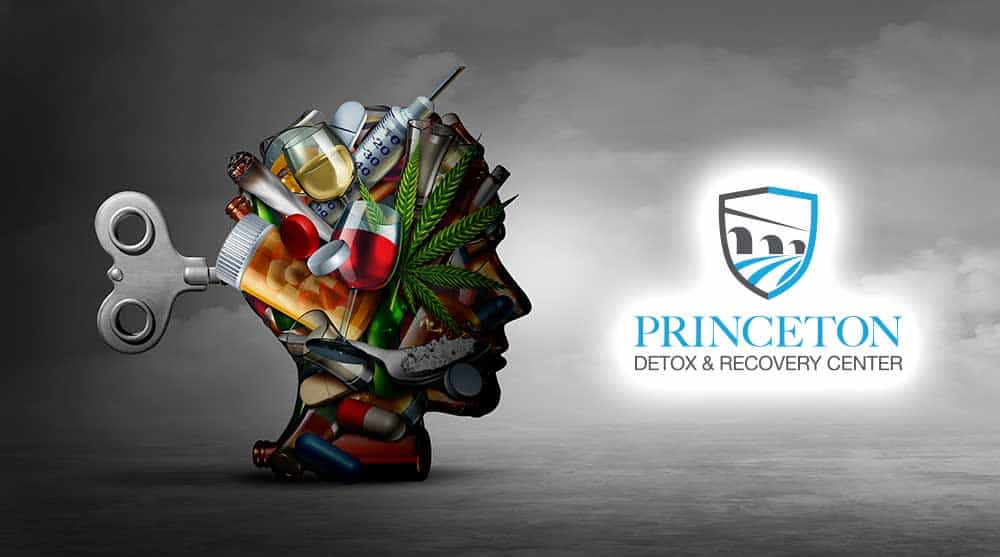Seeking Addiction Treatment?
5 Questions to Ask When Considering Rehab
If you have been struggling with a substance abuse disorder of any type or severity, making the decision to enter into an addiction treatment program is undeniably the most brave and difficult thing you will ever do. Committing to treatment is a huge deal for several reasons. First of all, addiction is a disease of denial. Even if you have been suffering major consequences as a direct result of your addiction, your brain will tell you, “You’re just going through a phase, everything is fine,” or, “You can quit whenever you want to, you just don’t want to yet.” Breaking through this cloud of denial into a place of acceptance and willingness is certainly no small feat.
Additionally, fear of the unknown prevents many people from seeking the professional help they so clearly need. Many people stay stuck in the familiarity of their substance abuse disorder rather than courageously seek change and experience the unknown in sobriety. In fact, according to the National Institute of Drug Abuse (NIDA), only a small percentage of individuals who need treatment actually seek it. According to NIDA’s numbers, there were 23.5 million Americans over the age of 12 who needed treatment in 2009. This equates to 9.3 percent of the total U.S. population. Of these people, only 2.6 million sought any degree of treatment.
Once you have made the decision to seek treatment, the hardest work has already been done. The next step is determining which level of clinical care is right for you and which type of treatment facility is going to best meet your personal needs. At Princeton Detox & Recovery Center we have formulated 5 important questions to ask yourself if you have made the decision to go to treatment.
5 Questions to Ask Yourself
Before committing to an addiction treatment program, ask yourself the following questions. If you have any additional questions contact Princeton Detox & Recovery Center today.

1. What level of clinical care is right for you?
There are many different treatment paths you can choose to take. If you are unsure of what type of treatment is appropriate for you, please reach out to us. We offer a complimentary addiction assessment to help you determine what will work for you.
Treatment Types Include:
- Medically Monitored Detox – No matter how severe your substance abuse disorder is and no matter how confident you feel that your withdrawal symptoms will be manageable, entering into a medical detox program is a wise first step on the road to recovery. Withdrawal symptoms are often unpredictable, and psychological drug cravings often lead to relapse before the detox process comes to an end. At Princeton Detox & Recovery Center we effectively treat all drug and alcohol withdrawal symptoms as soon as they develop.
- Residential Inpatient Treatment – Once you have been physically stabilized it is a good idea to transition into a residential inpatient treatment center. In inpatient treatment you delve deep into they underlying issues that might have contributed to your addiction and learn the tools you will need to stay sober. You will undergo intensive behavioral therapy in both an individual and group setting.
- Partial Hospitalization – Also known as PHP, this level of care is one step down from inpatient treatment. While in PHP you attend treatment during the day and are able to return home or to a sober living every evening.
- Intensive outpatient treatment – Also known as IOP, this level of care is one step down from PHP. While in an IOP program you can work or pursue your education while also attending treatment a few days a week. Groups generally meet between 3-5 times a week for several hours per session.
- Sober Living – Many people who complete inpatient treatment transfer into a sober living house directly afterwards. Sober living provides a structured living environment for people who are new to sobriety and require a built-in support system and increased level of accountability.
- Aftercare – Once addiction treatment concludes you will need to stick to your personalized aftercare plan in order to avoid relapse. Aftercare generally includes a continuation of individual therapy and recovery program involvement.
We Are Here For You
Let Us Help You Heal
Our Drug & Alcohol detoxification experience is second to none.
Learn how we can help by speaking with one of our Treatment Advisors today.
2. What addiction services does the facility offer?
If you are looking for a detox center, for example, it is important to note that there are a plethora of state-funded facilities and detox programs offered in traditional hospital settings that provide sterile and impersonal treatment in a lockdown setting. At Princeton Detox & Recovery Center we provide personalized care in a homestyle retreat facility with around-the-clock medical supervision. Upon admission to our program each of our clients undergoes a detailed addiction assessment. This helps our clinical team and case managers develop a unique and individualized treatment plan for long-term recovery. We provide medication to help ease the pain of withdrawal. And we help lay a solid foundation for lasting sobriety.
3. Is intensive behavioral therapy integrated into the treatment program?
According to the National Institute on Drug Abuse, the most effective treatment options for substance abuse and dependence include a combination of medication assisted treatment, behavioral therapies, holistic treatment modalities and dual diagnosis treatment options. Intensive behavioral therapy should be integrated into every level of clinical care from medical detox through aftercare. At Princeton Detox & Recovery Center we have individual, group and family therapy options. In individual therapy we focus on the underlying issues, personal history and treatment goals of each client. We help our clients determine what it is they want out of recovery and how they can obtain it. According to NIDA, “Behavioral therapies vary in their focus and may involve addressing a patient’s motivation to change, providing incentives for abstinence, building skills to resist drug use, replacing drug-using activities with constructive and rewarding activities, improving problem-solving skills, and facilitating better interpersonal relationships.” Participating in group therapy helps clients build healthy relationships and hone communication skills.
4. Does the program offer aftercare planning services?
Addiction recovery does not simply end once treatment concludes. In order for relapse to be avoided, a personalized aftercare plan must be in place. At Princeton Detox & Recovery Center we help our clients develop an aftercare plan based on their personal treatment goals. The transition from medical detox into inpatient or outpatient treatment is certainly significant. It is important that the transition is seamless, and that there is no time lapse between detox and the next appropriate level of care.
Ready To Begin Your Detox?
Don’t let addiction control your life.
Call us today and let’s get you started on the path to a better you.
5. Is the program focused and individualized?
Because each person has a different experience with active addiction, it wouldn’t make sense for every treatment plan to be identical. In order for treatment to be effective long-term the unique needs of each individual client must be addressed thoroughly. At Princeton Detox & Recovery Center we provide the most focused care available. The initial addiction assessment is comprehensive and allows our clinical team to determine which detox methods are going to best benefit each unique case. If a treatment plan needs to be adjusted as your needs change and evolve, we adjust it. Not everyone requires medication assisted treatment, and not everyone needs to be placed into a dual diagnosis treatment center. We focus on what is right for you, and what is going to give you the best shot at maintaining solid sobriety for years to come.
Begin Your Personal Recovery Journey
Making the decision to seek help is the most difficult part of the early addiction treatment process. As soon as you make this decision, Princeton Detox & Recovery Center is available to walk you through every other stage of your personal recovery journey. Our admissions process is simple and straightforward and can be completed in as little as 15 minutes. We will provide a free, no obligation insurance benefit check and we will help coordinate local travel to our facility. All you or your loved one has to do is ask for help. We will take care of the rest. We look forward to speaking with you soon and helping you in any way we can.

Reviewed for accuracy by:
Amanda Hilzer M.Ed, CAADC, IADAC, ICCS, LCADC, CCS
Amanda graduated from Lehigh University with both an undergraduate degree in Psychology and a Master’s of Education degree in Counseling Psychology and has worked in the field of substance use disorder treatment and mental health treatment as a counselor and as a clinical manager for over 14 years.














